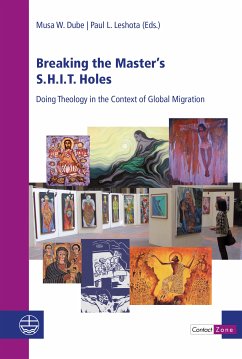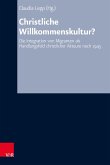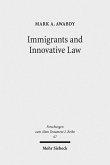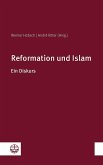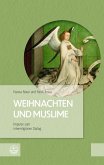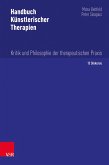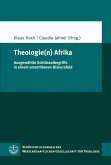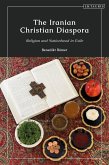The Trump neo-liberal and global warming era has intensified migration, highlighting the diasporic space and global structures as the context of theological inquiry. It is signified by the rise of overt sexism, racism, classism, anthropocentricism, Islamophobia and intensified conservatism that determine who crosses the boundaries, the terms of their crossing and the hospitality they receive. President Trump's shocking statement that characterized some Two-Thirds World countries as S.H.I.T. Holes as well as his travel ban policies that targeted countries of particular religious faith, attest to overt racism. In this volume, African theological scholars challenge euro-centric racist-global immigration policies and propose the paradigm of breaking the master's S.H.I.T. Holes. [Die Kloschüsseln der Herrschenden zerbrechen. Theologie treiben im Kontext globaler Migration] Die Trump-Ära hat im Zeichen von Neo-Liberalismus und Klimawandel eine Migrationswelle ausgelöst und die globalen Machtstrukturen sowie die Diaspora zum Kontext theologischer Forschung werden lassen. Sie ist gekennzeichnet durch offenen Sexismus, Rassismus, Klassismus, Anthropozentrismus, Islamophobia und intensiviertem Konservatismus, der bestimmt, wer die Grenzen überschreiten darf, die Bedingungen ihrer Überschreitung und die Gastfreundschaft die sie erfahren. Präsident Trumps schockierende Charakterisierung einiger Zwei-Drittel-Welt Länder als "Kloschüsseln" wie auch sein Einreiseverbot, das auf Länder mit einer bestimmten religiösen Orientierung zielt, zeugen von unverhohlenem Rassismus. In diesem Band stellen afrikanische Theologen und Theologinnen eine euro-zentrische, global-rassistische Immigrationspolitik im Rahmen ihres neuen Paradigmas "Zerbrechen der Kloschüsseln der Herrschenden" in Frage.
Dieser Download kann aus rechtlichen Gründen nur mit Rechnungsadresse in A, B, BG, CY, CZ, D, DK, EW, E, FIN, F, GR, H, IRL, I, LT, L, LR, M, NL, PL, P, R, S, SLO, SK ausgeliefert werden.

